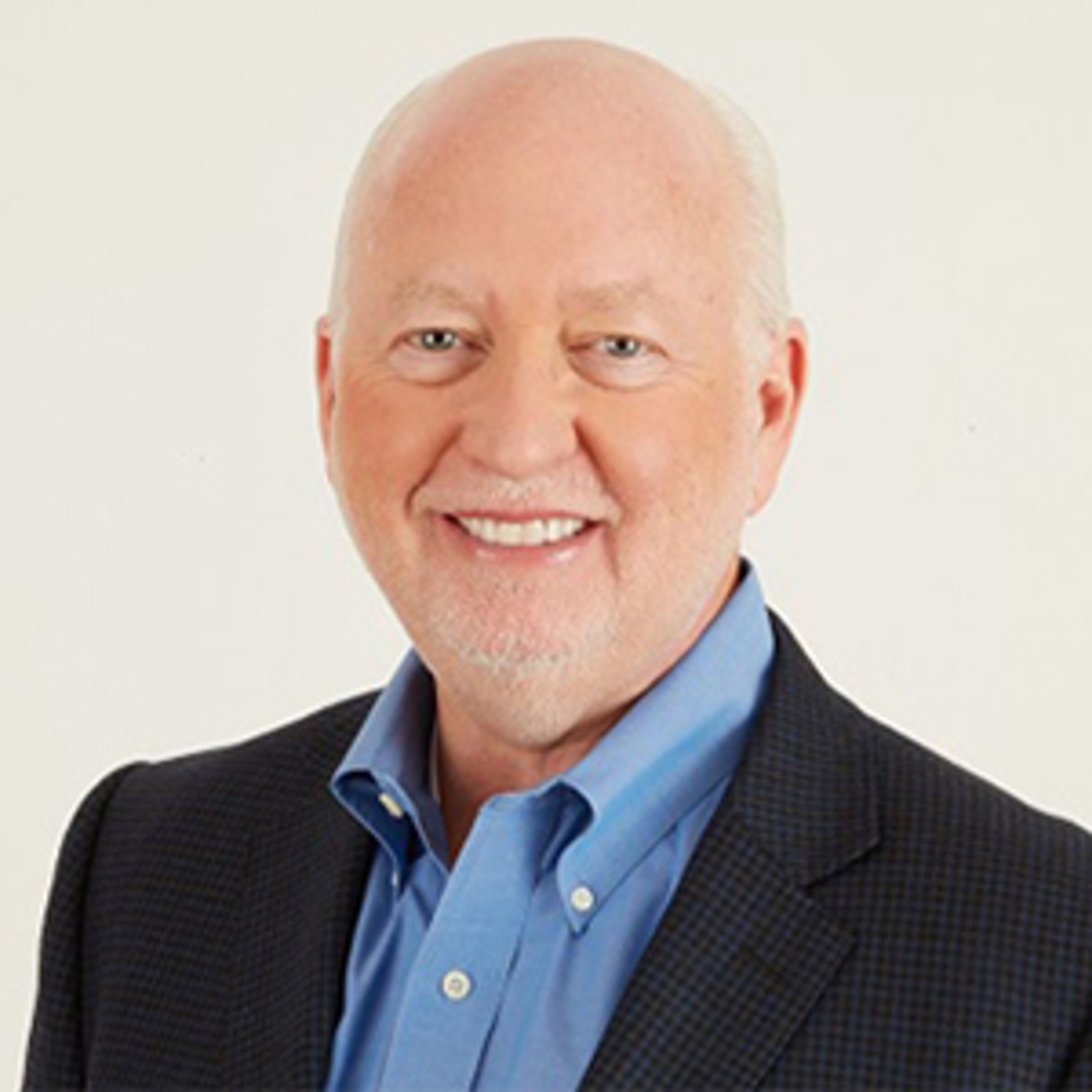When Helping Turns Into Caring: Honoring the Caregivers
Caregivers give their time, love, and strength every day. This month, discover how to honor and support them.
Nov 09, 2025
Written by our Founder and Chairman, the Celebrations Pulse letters aim to engage with our community. By welcoming your ideas and sharing your stories, we want to help you strengthen your relationships with the most important people in your life.
It often starts small. You check in on your parents more often. Then you’re picking up prescriptions and scheduling doctors' appointments. Or maybe a neighbor recovering from surgery asks for a favor, and you’re dropping off meals and folding laundry each week.
Sometimes, the changes happen closer to home. Your spouse misplaces the car keys, then forgets names and appointments. At first, it seems like stress or aging, until the truth becomes harder to ignore. Without realizing it, you shift from sharing responsibilities to carrying them.
In the beginning, it just feels like helping. But somewhere along the way, you’ve become something more — a caregiver.
Without the tireless and often unseen work of caregivers, our healthcare system would struggle to function. Family members and friends are the backbone of long-term care in this country, filling in the spaces that hospitals and professionals can’t reach.
That’s why this month — National Family Caregivers Month — is so important. It’s a moment to recognize and thank the millions of people who’ve stepped up to this role. They’re spouses, children, neighbors, and friends who simply saw a need and decided to show up.

The hands that hold us up
More than 53 million Americans care for family, friends, and neighbors, often quietly and without fanfare. Many have full-time jobs and are raising children of their own. And yet, they still show up day after day to care for someone else.
What’s striking is how many people don’t even realize they’re caregivers. To them, it just feels like helping. Others assume someone else will step in. Workplaces rarely talk about it. And as a society, we often turn away from the difficult conversations around aging, illness, and the loss of independence.
As a result, caregiving becomes invisible and caregivers often miss out on vital support.
The responsibilities can be overwhelming. Keeping track of medications, managing doctor visits, handling insurance claims, preparing meals, and helping with mobility is a full-time job layered on top of everything else. It often comes with very little training, no compensation, and very few breaks.
Then there’s the emotional toll of watching someone you love struggle, decline, or change in ways you never imagined. There’s guilt when you feel like you’re not doing enough, and frustration when you feel like you’re doing it all alone. There’s the loneliness, the isolation, and the exhaustion that come from always being the one others depend on.
Caregivers rarely ask for help. But they deserve it, along with our recognition, our gratitude, and our support.
Caring for caregivers
The average caregiving journey lasts about 4.5 years, but that can stretch to 15 or 20 years for those caring for loved ones with dementia or Alzheimer’s. Over time, the toll becomes more than physical. It drains energy, time, finances, and often a caregiver’s emotional well-being.
That’s why it’s so important to remind caregivers of something they often forget: to care for themselves, too.
Debbie Howard, a caregiving coach and author of The Caregiving Journey, has helped countless families navigate this role. She emphasizes two key points: planning and self-care. “Those two elements can make the process smoother and allow you to create meaningful memories with your loved one,” she said.

Most importantly, take time to celebrate and affirm caregivers. A handwritten note, a thoughtful card, or even a simple “What you’re doing matters” can go a long way. Caregiving is often invisible work. But that doesn’t mean it should go unnoticed.
And as you reach out, do so with empathy. Caregivers are often juggling more than we realize. If they cancel plans, take longer to reply, or seem withdrawn, be flexible. If they’re open to it, gently share helpful resources, such as support groups, articles, or local programs.
The heart of caregiving
As we mark National Family Caregivers Month, let’s move beyond words of thanks and take action. Use your power to reach out, lend a hand, and remind caregivers that their work and sacrifices are seen and valued.
To all the caregivers out there: You inspire us. You remind us that compassion isn’t always loud or visible. Sometimes, it’s found in the hidden moments of care, patience, and devotion.
All the best,
Jim













